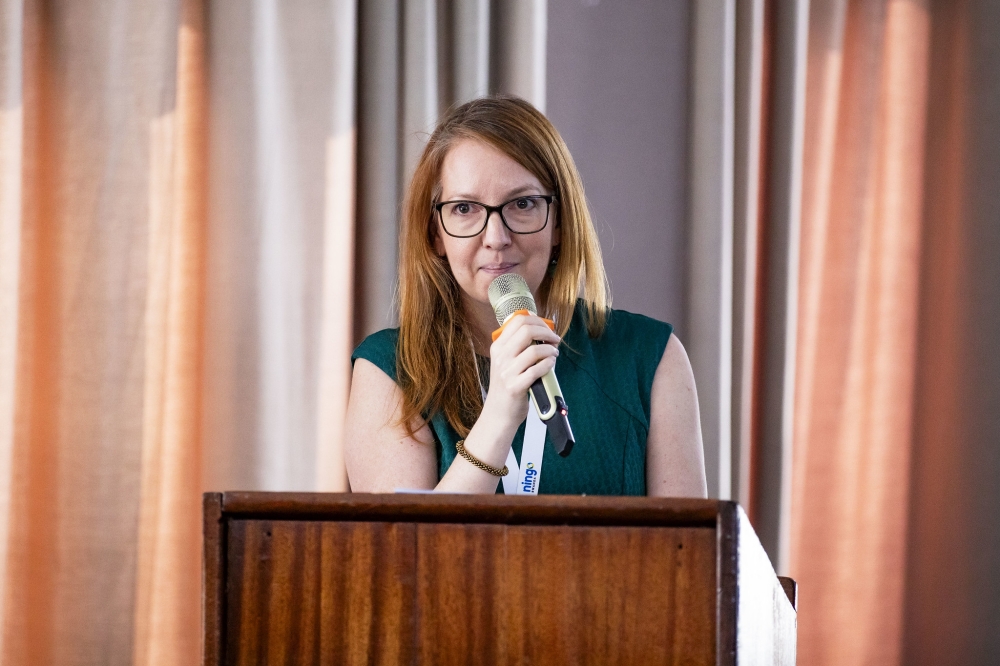

International non-governmental organisations working in Rwanda have said their operations are currently focused on putting local people and local organisations at the centre of their interventions, in what is called "decolonisation of aid.”
ALSO READ: Bill on NGOs: Civil society asks for clarity on operating budget clause
On Thursday, September 26, the Network of International Non-Governmental Organisations in Rwanda (NINGO), a network that brings together about 85 international NGOs, launched its new strategy for the period of 2024-2029 on Thursday, September 26.
Among some of the key parts of the strategy, NINGO hopes to facilitate further investment in localisation, positioning local civil society organisations to increase their scope of operations and continue to demonstrate their leadership in development initiatives.
"The context in which we are working; the context in which our development and humanitarian support is taking place is completely changing. The narrative is changing; the landscape is changing. We are talking about decolonization of aid; we are talking about localisation,” said Levina Maclee Marleen, the Country Director Trocaire, one of NINGO’s members.


The process, according to her, is already underway, as she referred to a two-year old report that showed that all of NINGO’s members were at least partnering with one local or national organisation in Rwanda.
"We even have members such as Norwegian People’s Aid and Trocaire that could partner with up to 20 or more local and national organisations,” she said, as she explained that the concept of localisation got its motivations from the 2016 global Summit on humanitarian response.
ALSO READ: Civil society, govt officials weigh in on reintegration of genocide ex-prisoners
"In the essence of this concept of localisation is really bringing back the local actors at the centre of intervention of everything that we do. It&039;s not about the NINGO; it is about the people that we serve, and who are standing much closer to the people, those are the national and local partners.”
Currently, the partnership approach of the international NGOs has changed enormously, and there is a big focus on localisation, which, according to Marleen, may mean a number of things for the international NGOs, but one of the key points is that their work is not just about money.
"This is not just about transferring money to local organisations; this is about respectful equal partnership; this is having respect for one another. We are sharing knowledge, not a one-way top down but learning from each other. This is about allowing local organisations to obtain their full potential, strengthening their ambitions, supporting their core operation costs,” she noted.
ALSO READ: Bill on NGOs: Civil society asks for clarity on operating budget clause
In an interview with the media, NINGO’s Executive Committee Chairperson, Geoffrey Kayonde, said "decolonisation of aid” is aimed at empowering the local people to take control of "what we are doing right now.”
For him, this does not mean that the international NGOs don’t have space to exist in Rwanda, since they can continue to build capacity, share knowledge, raise the funds, and train the local people to implement the programs.
Judith Kazaire, the Head of Civil Society and Political Organisations Department at Rwanda Governance Board (RGB), praised international NGOs for growing with the country, and participating in its development strategies including NST1 and the upcoming NST2.
"These organisations align their activities with the national development instruments meaning that as the vision of the country evolves, even these organisations go along with that,” she said in a media interview.


